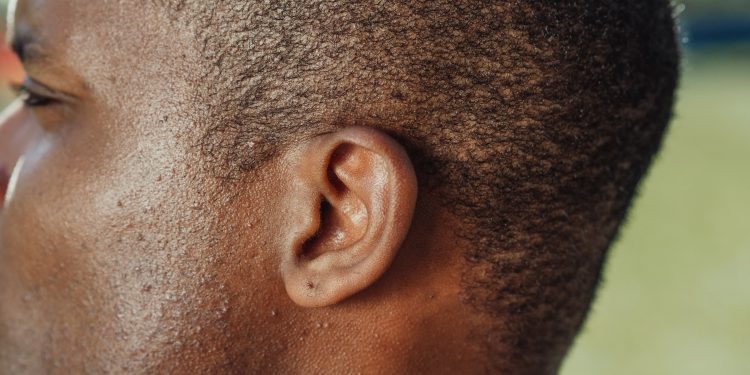World Hearing Day is an annual event observed on March 3rd to raise awareness about hearing loss and the importance of early detection and intervention. The day was established by the World Health Organization (WHO) in 2007, and each year a theme is chosen to highlight a specific aspect of hearing health.
The theme for World Hearing Day 2023 is “Hearing care for all”. The aim is to raise awareness about the importance of hearing care as a fundamental human right and to advocate for access to affordable and quality hearing care services for everyone, especially those in vulnerable and marginalized communities.
World Hearing Day provides an opportunity to highlight the impact of hearing loss on individuals, families, and communities, and to promote prevention measures, such as ear protection in noisy environments, regular hearing screenings, and avoiding exposure to loud noise. It is also a day to celebrate the achievements of people with hearing loss and to promote inclusion and accessibility in all areas of life.
Hearing loss in Ghana
Hearing loss is a significant health issue in Ghana, affecting people of all ages. According to the World Health Organization (WHO), it is estimated that around 6% of the population of Ghana have disabling hearing loss, with an even higher prevalence in older age groups.
Several factors contribute to hearing loss in Ghana, including untreated ear infections, exposure to loud noise in the workplace or during leisure activities, and the use of ototoxic medications. There is also a high prevalence of genetic hearing loss in some regions of the country.
Despite the high prevalence of hearing loss, access to hearing care services in Ghana is limited, particularly in rural areas. There is a shortage of trained audiologists and hearing healthcare professionals, and hearing aids and other assistive devices are often too expensive for many people to afford. Additionally, there is a lack of awareness and understanding of hearing loss, leading to stigma and discrimination against people with hearing loss.
To address these challenges, there have been efforts to increase awareness of hearing loss in Ghana and improve access to hearing care services. These include training more hearing healthcare professionals, promoting early detection and intervention for hearing loss, and advocating for policies and programs that support access to affordable hearing care services for all.
WAYS TO PROTECT YOUR HEARING
There are several ways to protect your hearing and prevent hearing loss:
- Wear ear protection: If you work in a noisy environment or engage in activities that involve exposure to loud noise, such as concerts, shooting ranges, or sporting events, wear ear protection such as earplugs or noise-cancelling headphones.
- Turn down the volume: When listening to music or watching TV, avoid turning up the volume too high. Use headphones that cover the entire ear instead of earbuds, as they provide better noise isolation and prevent the need to turn up the volume.
- Take breaks: If you’re exposed to loud noise for an extended period, take regular breaks to give your ears time to rest and recover.
- Maintain good ear hygiene: Keep your ears clean and dry to prevent infections, and avoid inserting objects such as cotton swabs or hairpins into your ears.
- Get regular hearing check-ups: Regular hearing tests can help detect hearing loss early, allowing for prompt intervention and treatment.
- Manage chronic conditions: Certain health conditions, such as diabetes and high blood pressure, can contribute to hearing loss. Managing these conditions can help protect your hearing.
- Avoid ototoxic substances: Some medications and chemicals can damage the ear and lead to hearing loss. Be aware of the potential side effects of medications you take, and avoid exposure to chemicals such as pesticides and solvents.
By taking these steps to protect your hearing, you can reduce your risk of hearing loss and maintain good hearing health throughout your life.






























